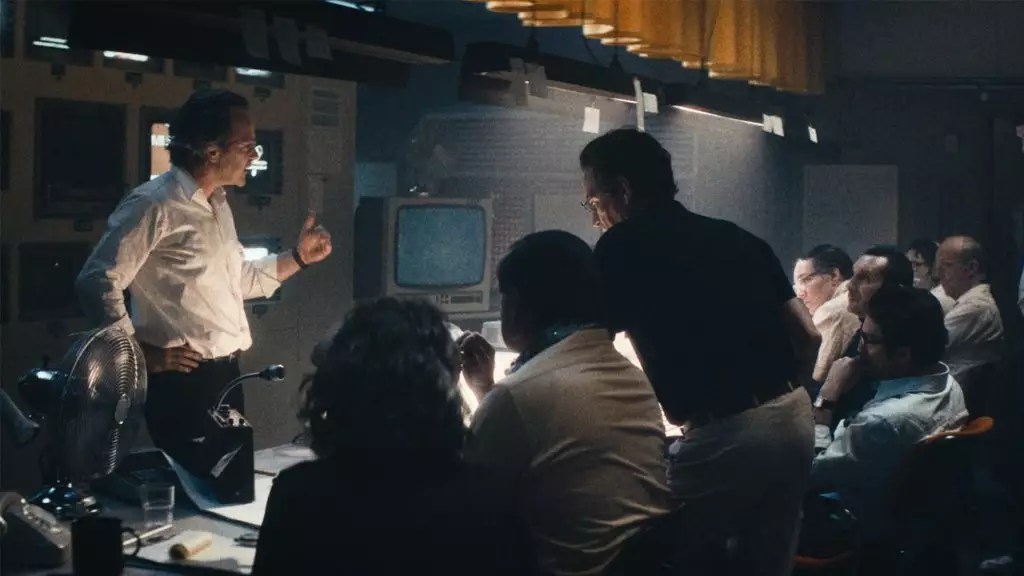Tim Fehlbaum’s upcoming thriller, September 5, is poised to captivate audiences with its visceral portrayal of a real-life crisis that transpired during the 1972 Munich Olympics. Paramount Pictures has scheduled a limited theatrical release for November 27, following its success and acclaim at significant film festivals such as Venice and Telluride. The film stars an impressive cast, including Peter Sarsgaard, Ben Chaplin, Leonie Benesch, and John Magaro, who navigate the complexities of an ethically fraught situation that forever changed televised sports.
At its core, September 5 explores critical moral quandaries faced by the individuals in the ABC Sports control booth as they report on a harrowing act of terrorism: the hostage-taking of the Israeli Olympic team by the militant group Black September. This narrative device, focusing on the experiences of those observing the unfolding chaos through a wall of television screens, invites audiences to grapple with the nature of responsibility and the ethical implications of reporting real-time atrocities.
The film’s script, co-written by Fehlbaum and German writer Moritz Binder, meticulously reconstructs the tense atmosphere of the era. By situating the audience in the shoes of media personnel, the movie enhances the emotional weight of the story, forcing viewers to confront the uncomfortable balance between journalistic integrity and sensationalism.
Critics have heralded September 5 for its compelling performances and its ability to engage viewers on multiple levels. Deadline’s Pete Hammond commended the film, stating that it “succeeds on every level,” a testament to its artistic vision and execution. The standout performances, particularly from John Magaro, who portrays a character trying to rise against overwhelming odds, have been singled out for their authenticity and emotional depth. This highlights the film’s success not just in storytelling but in character development, which is essential for audiences to connect with the material.
As the awards season approaches, Paramount has positioned September 5 as a serious contender alongside other notable films, such as the biopic Better Man and the highly anticipated Gladiator II. The fierce competition is palpable, and Paramount’s strategic release of September 5 could very well place it at the forefront of this year’s critical discussions, especially with its striking subject matter that resonates in today’s sociopolitical climate.
In a landscape where films often shy away from addressing uncomfortable truths, September 5 dares to peer into the abyss. By revealing how the media grapples with broadcasting horrific events, the film not only entertains but also serves as a profound commentary on the role of journalism in times of crisis. With its strong narrative foundation and stellar cast, September 5 stands to become a milestone in cinematic portrayals of ethical dilemmas in the age of instant news.


Leave a Reply